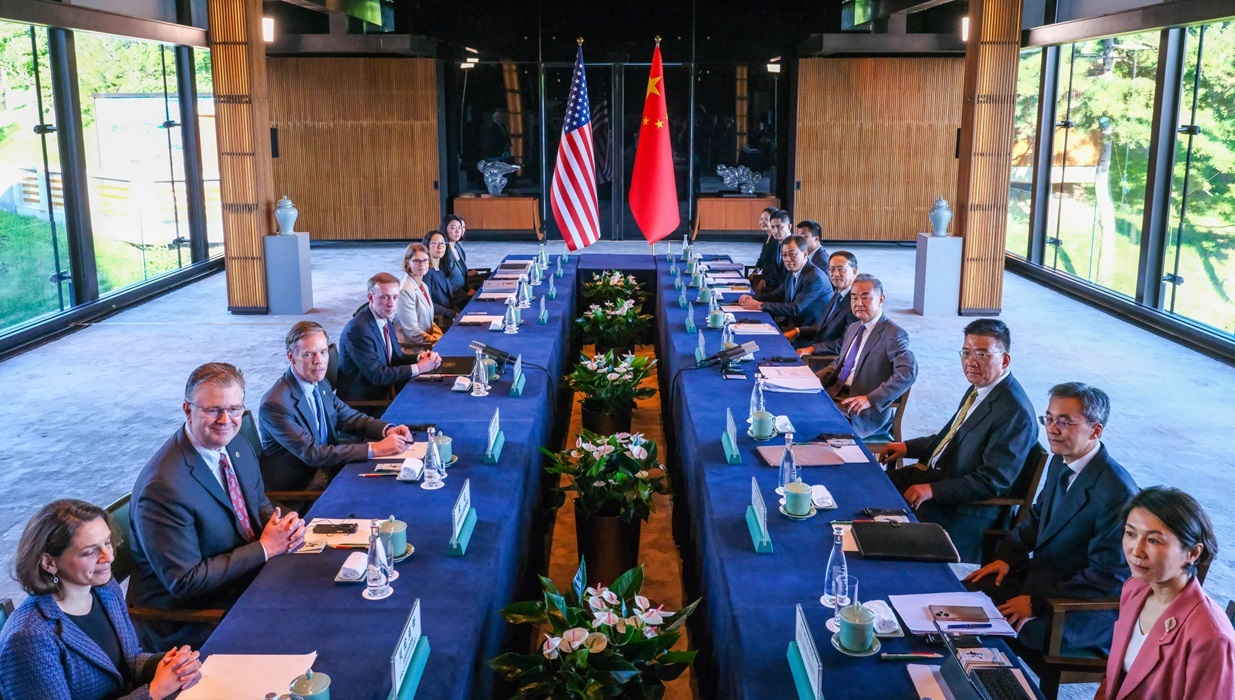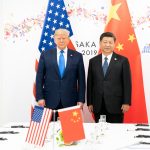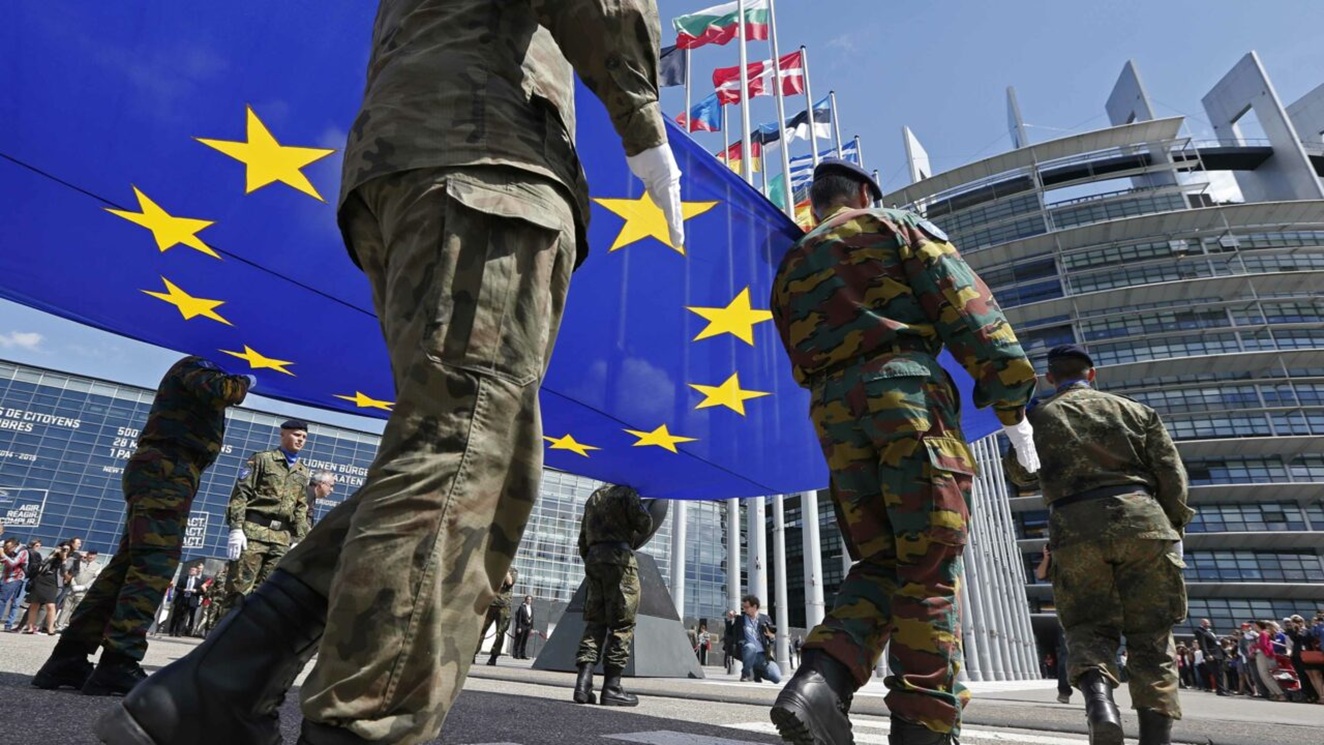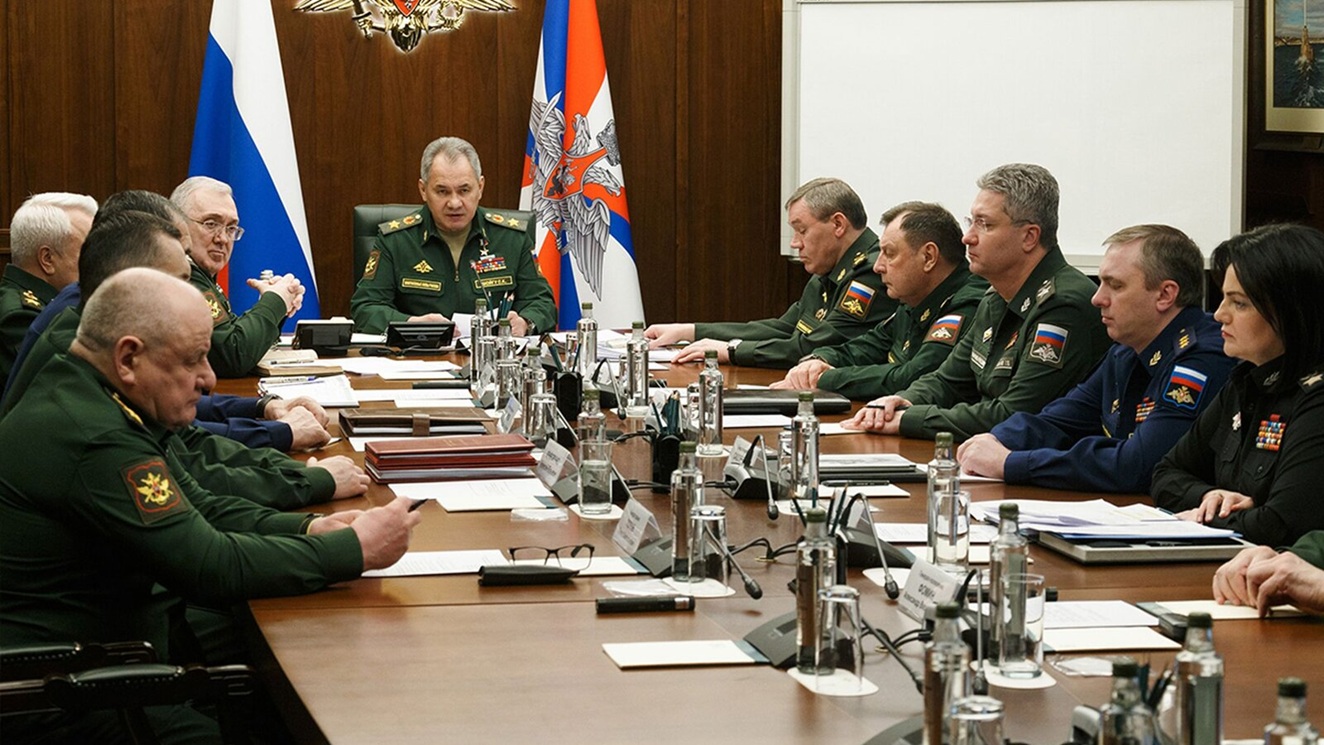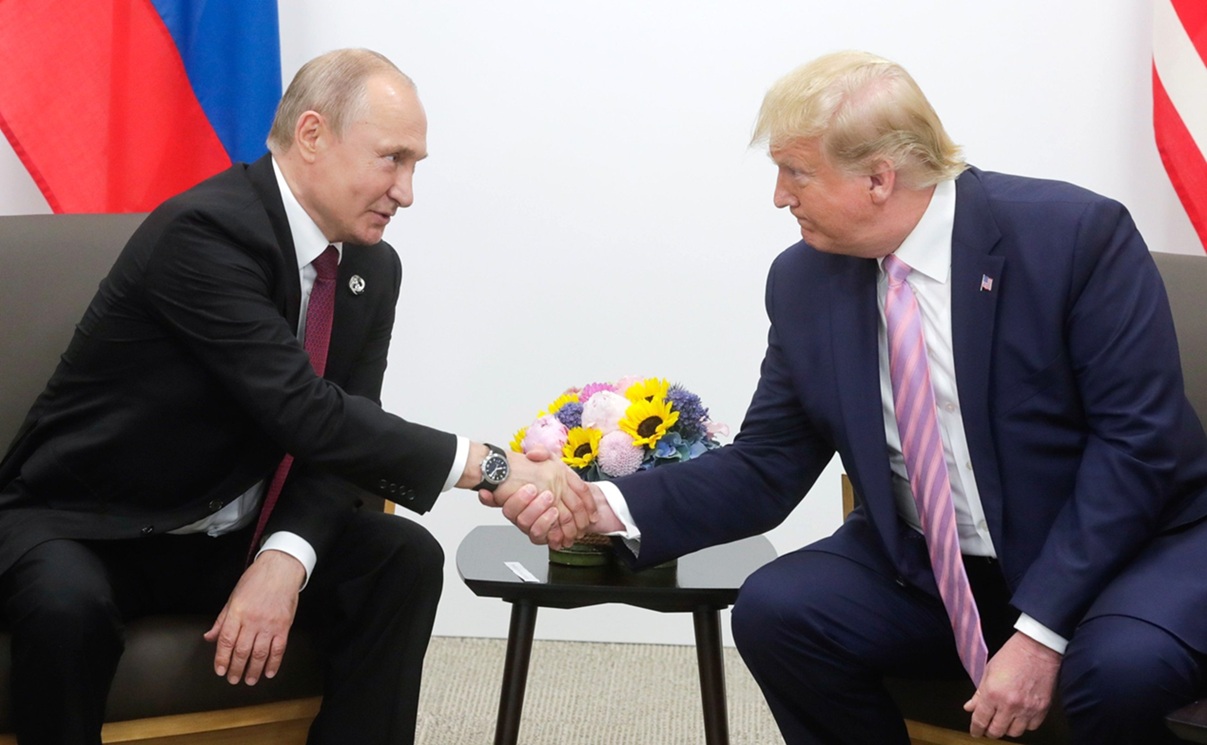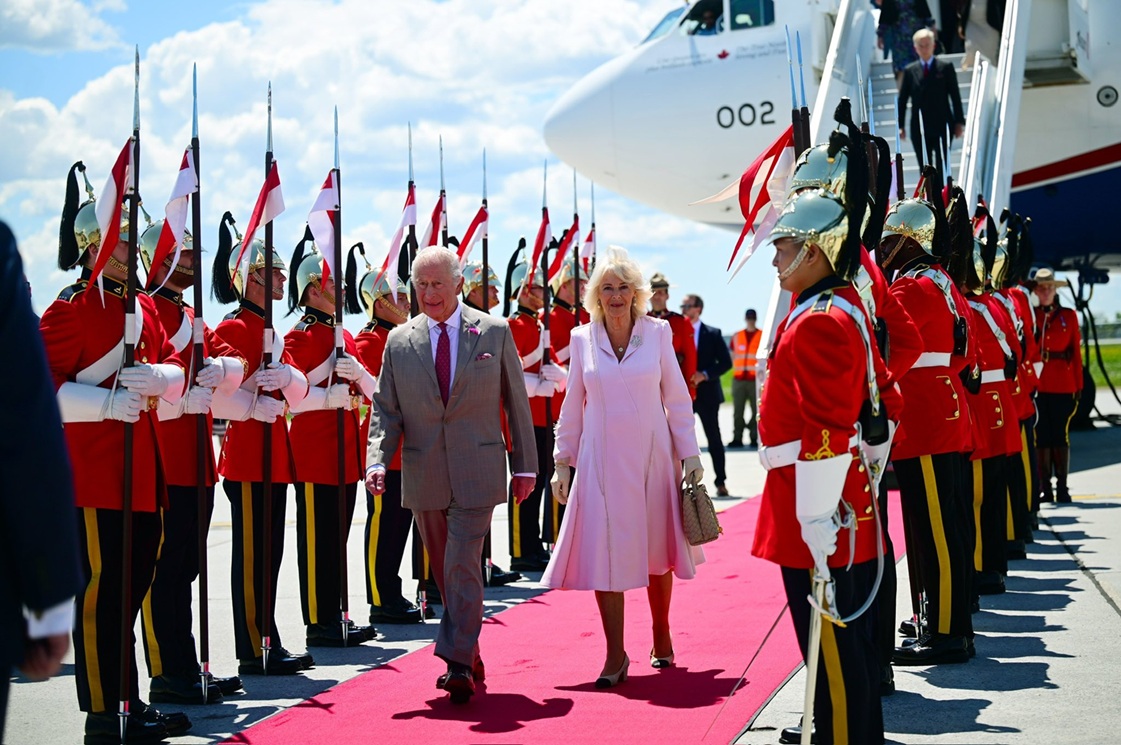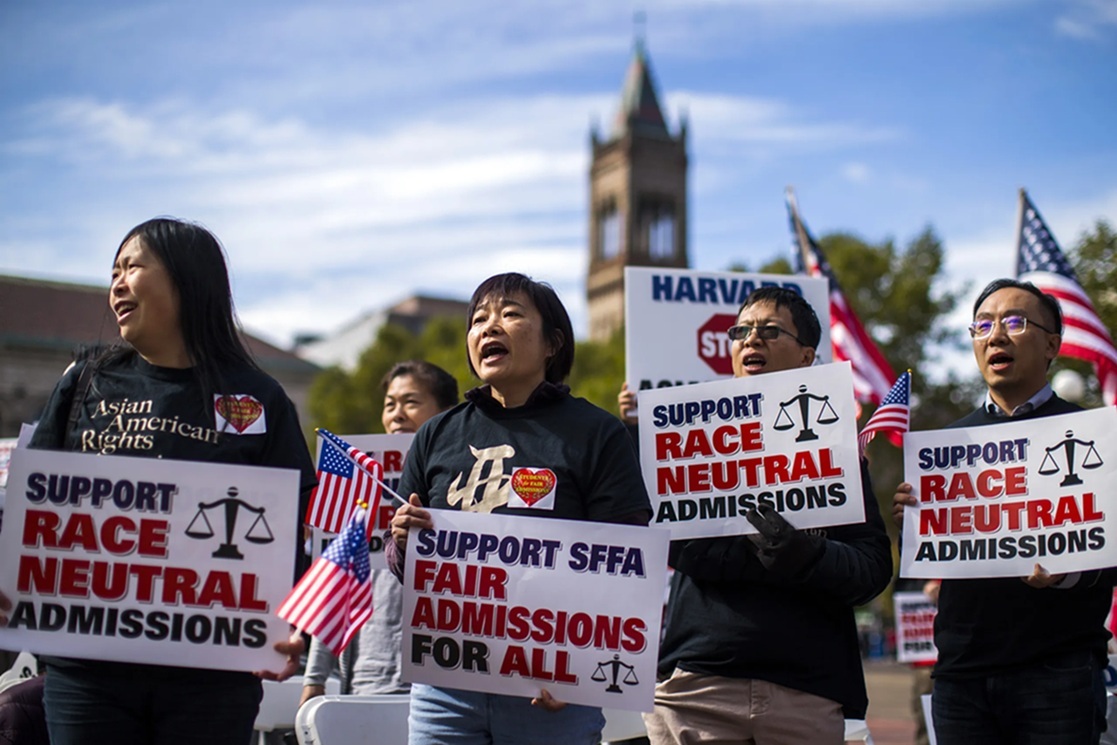With bold political will, a safe future is still possible
Dear friends,
When crises erupt around the world, the first responders are often women and girls. In situations of conflict, women and girls work across the dividing lines, reflecting the diverse concerns, interests and rights of their communities. I know from my own experience and from talking to countless women across the world that we are vital agents for peace. Yet too often we do not receive recognition or support for our vital work.
To mark International Women’s Day, The Elders highlighted the voices of women working on the frontlines of peace-building, and called on governments to deliver on their commitments to support women as agents for peace. Much more must be done to ensure women peace-builders receive proper recognition, sustainable financing, and protection.
A security threat we all face is the prospect of future pandemics. Despite the experiences of COVID-19 we have endured over the past three years, the world remains dangerously unprepared for an even worse virus.
In an op-ed for TIME, I explained that this is due to a failure in political will, especially by leaders of the Global North. Their short-term approach to addressing COVID-19 exacerbated the impact of the pandemic on the world’s poorest and most vulnerable people, and was counter-productive to the interests of their own countries. They ignored the central lesson of dealing with pandemics that I know only too well from the deadly Ebola outbreak in 2014 during my time as President of Liberia: nobody is safe until everybody is safe.
I fear that if we take the same inconsistent, inefficient, and inequitable approach to the next pandemic as we did to COVID-19, we risk not only a significant global health threat but also economic, political, and security catastrophe. I therefore called on the leaders of major economies to exercise global solidarity and step up their pandemic preparedness and response efforts to better manage this existential threat.
On the climate crisis, the IPCC Sixth Assessment Synthesis Report made clearer than ever that the science is unequivocal: human activities have warmed the planet and the consequences are severe. Yet the report also highlighted that it is still possible to limit warming to 1.5°C and secure a liveable future if drastic action is taken now. This must mean a fast track plan to end fossil fuels, and governments must commit to tougher targets to achieve this objective.
While increasing adaptation spending is critical for communities most impacted by the climate crisis, such financing cannot be seen by governments as an alternative to emissions cuts. Mary Robinson spoke to Sky News calling on leaders to take the report seriously and to phase out fossil fuels more rapidly, because there is no time to lose. Every fraction of a degree of warming matters, and leaders must act now on increasing ambition without delay.
While the existential threats facing humanity are urgent and grave, hope persists. On the climate crisis, pandemics, nuclear weapons and conflict, a better future is possible if political leaders commit to it. The Elders believe 2023 must be the year that governments around the world step up and act.
With thanks for your ongoing support,
Ellen Johnson Sirleaf
03/04/2023




